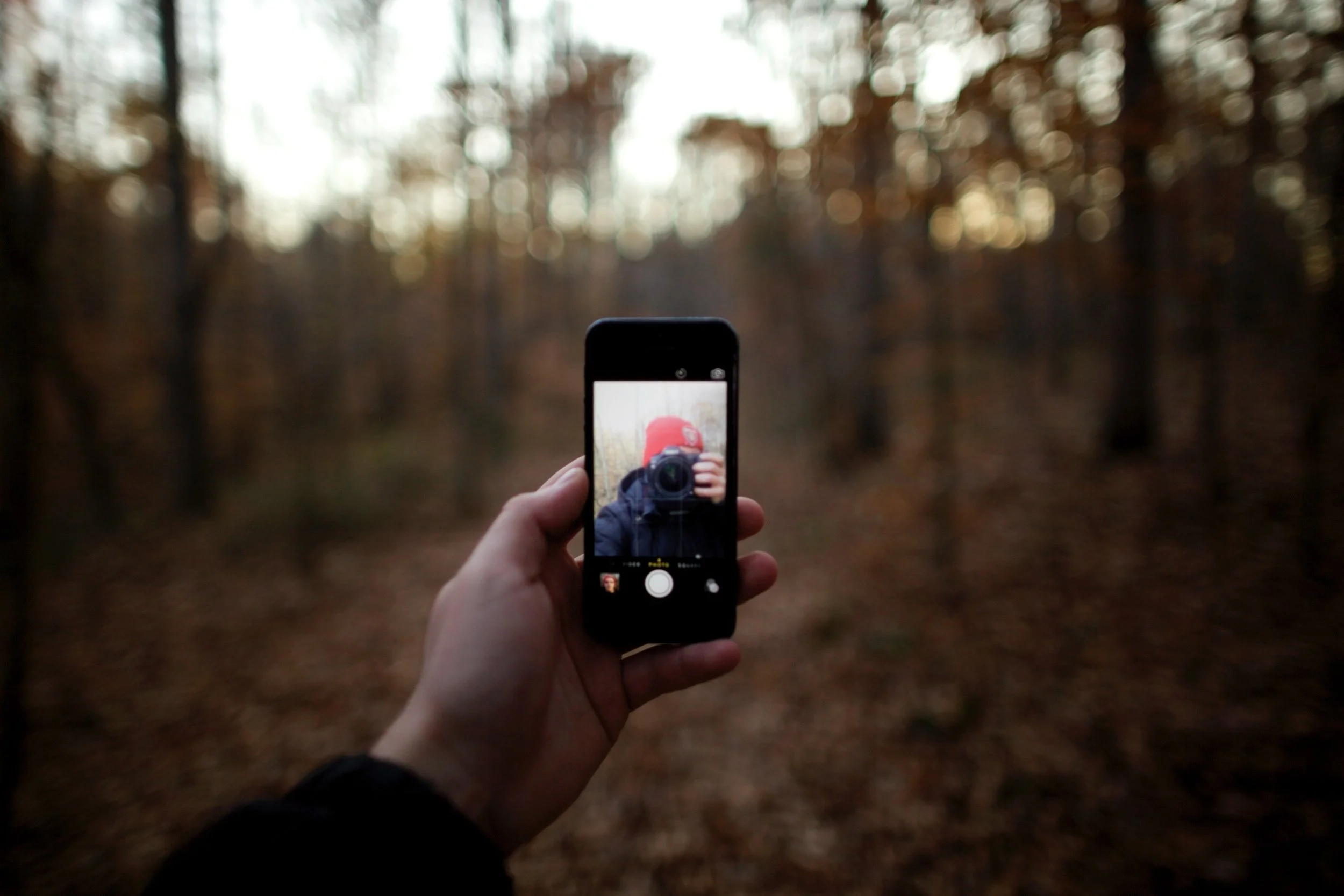![This Week's Recommendations]()
1. Misspellings by State: What word does each state struggle to spell? Rhode Islanders struggle with liar. Four struggles struggle with pneumonia. Louisiana and Arkansas struggle with animals: the chihuahua and the giraffe. New Hampshirites concern me with their need know how to spell "diarrhea” frequently (note to self: next time, bring immodium) Most hilarious is perhaps the south, not doing itself any favors, needing help with the very difficult words: "angel," "gray," and "nanny."
2. The Pervasive Selfie: Phil Cooke shares, "Teen Vogue magazine reports the average millennial focuses about one hour of every week to selfies. (Shooting them, editing them, retouching them.) Writer Matt LaBash reports that, “In 2015, the social scientists at Luster Premium White, a teeth-whitening brand, calculated that at their current selfie rate, your average millennial will take up to 25,700 selfies in a lifetime. Considering that the average lifespan is only around 27,375 days, that amounts to taking nearly one selfie per day, no small feat when subtracting all the years that people are too young or too old to operate a camera phone.”...The advertising magazine Adweek, indicates: 74% of all photos on Snapchat are selfies."
3. If only I had been saved by merit! Tim Challies exposes our hearts, "If I had earned my salvation, I could negotiate with God for more favor, for more privileges, for more benefits. I could hold up my list of accomplishments and demand fair compensation. I could compare what has been given to others and make the case for why I am deserving of all that God has given them and more besides."
4. Six Things You Need to Know About God's Wrath: Colin Smith tackles this difficult but important topic: “At the core of the human problem is that we are sinners under the judgment of God, and the divine wrath hangs over us unless and until it is taken away.”
5. The Shift in America's Morality: Christianity Today reports on a recent Gallup poll about America's ever-shifting morality: "Of the 19 issues queried about, Americans have become more liberal on 13 of them (with 10 hitting record highs) and stayed consistent on 6—most notably abortion, which 43 percent of Americans and 34 percent of Protestants deem morally acceptable."









